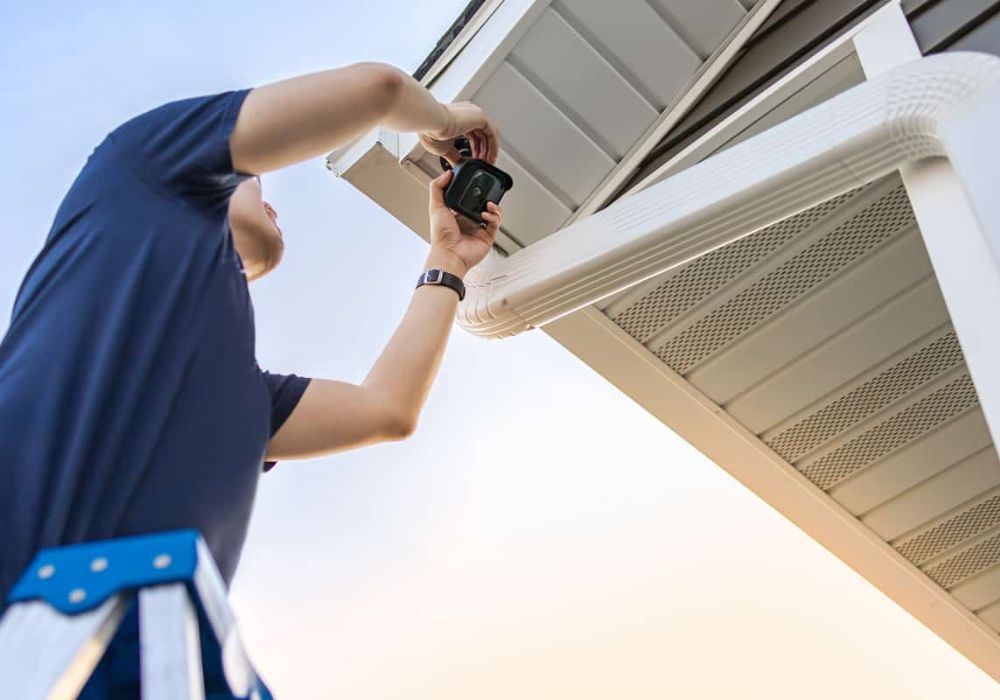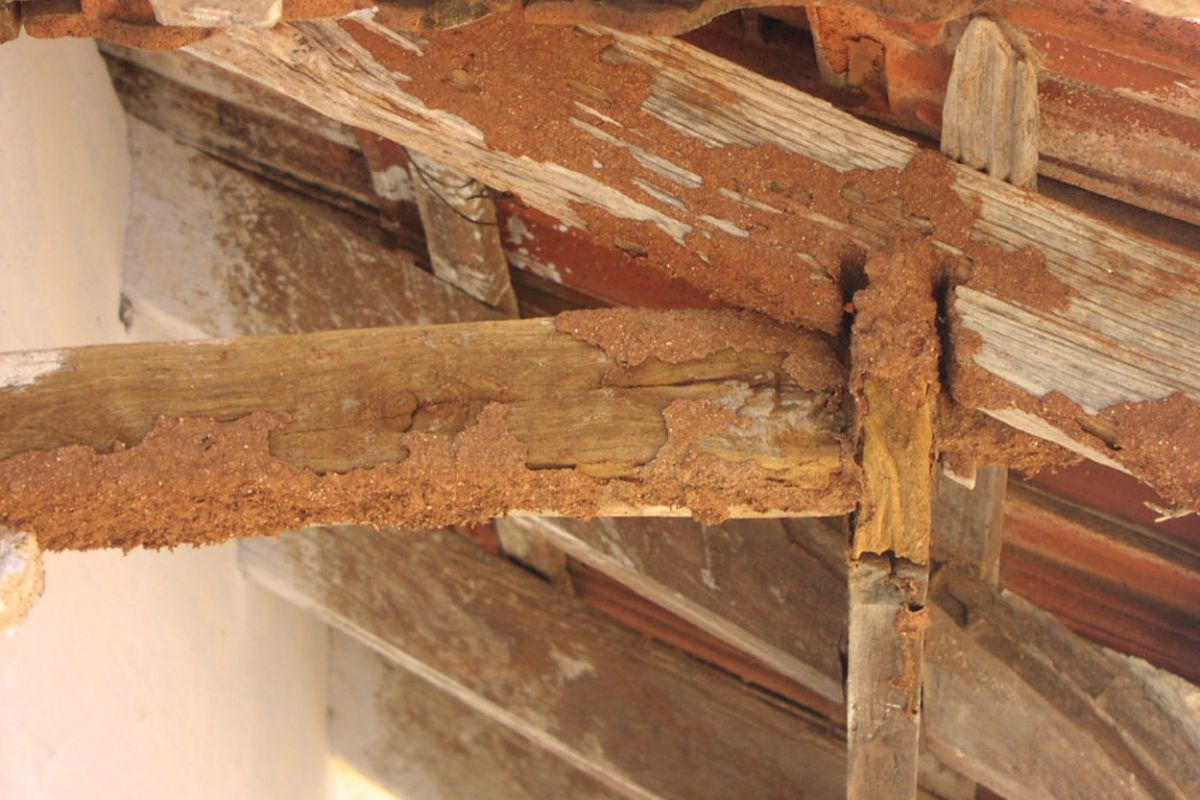As a tenant, it is important to understand your rights regarding landlord access to your rented property. Landlords are generally required to provide notice before entering a tenant's home. However, there are some circumstances where landlords may knock on the door or enter without advance notice.
In this article will explore whether landlords are allowed to enter rental properties without notice.
Can Landlord Knock on Door Without Notice?
In most cases, landlords cannot knock on a tenant's door or enter their rental property without providing notice first. Landlords are required by law to give tenants notice, usually 24 to 48 hours, before accessing the property.
This gives tenants time to prepare for the visit or reschedule if needed. Notice must be given in writing and state the purpose and timeframe of the entry. Landlords cannot enter unexpectedly unless there is an emergency situation threatening safety.
What constitutes an emergency where notice isn't required?
Some emergency situations that allow a landlord to access a property without notice include a fire, flood, gas leak, or other incident that poses an immediate risk to health and safety. Landlords may enter in emergencies to inspect potential hazards, address the problem and ensure tenants are not in danger.
Common examples are investigating active fires, water leaks that could damage property or lead to mold growth, or exposed wires that could cause electrocution. In true emergency scenarios, advance notice is not reasonably possible.
Related: Can A Landlord Touch Your Personal Belongings?
Under what other circumstances can landlords enter without notice?

Landlords can enter a tenant's property without notice for scheduled periodic inspections if stated in the lease agreement. This allows landlords to check property conditions, review repairs needed and address potential issues before they worsen.
Some leases permit quarterly or biannual inspections to be conducted without notice. Landlords may also enter if given permission by tenants or if they reasonably believe the unit has been abandoned by tenants. Notice is not required for showings if the tenant has provided notice they intend to vacate.
What must landlords provide notice of and how far in advance?
Most state and local landlord-tenant laws require landlords to provide written notice at least 24-48 hours before entering a rental property, unless there is an emergency. The notice should state the purpose of entry, such as for repairs, inspections or showings.
It must also specify the date and an approximate time frame during which the landlord expects to enter. Advance notice gives tenants an opportunity to plan or request rescheduling for a better time. Without proper notice, any landlord entry could be considered unlawful.
What recourse do tenants have if landlords enter without notice or permission?
If landlords enter rental properties without fulfilling notice requirements or obtaining consent, tenants have legal recourse for violation of their rights. They can issue a verbal or written warning informing landlords they will consider any future unauthorized entries as trespassing.
Tenants also have the option to file formal complaints with local housing agencies. As a last resort, tenants can pursue civil litigation against landlords seeking compensation for any damages like distress caused by unlawful entries. Documenting improper entries provides stronger cases if legal action becomes necessary.
What can tenants do to protect themselves from unwanted landlord visits?
Tenants have the right to quiet enjoyment of their homes. To enforce boundaries, tenants can communicate clear expectations about notice and access to their landlord in writing. Having a video doorbell or security cameras also helps tenants document any unauthorized visits.
Tenants should regularly inspect their unit for security issues like unlocked windows and alert landlords right away so problems can be addressed. By understanding notice requirements, communicating needs to their landlord and taking precautions, tenants can feel secure in their homes while also maintaining a cooperative relationship.
Conclusion
Overall, landlords cannot generally knock on a tenant's door or enter their rental property without providing proper prior notice. Exceptions are made only for legitimate emergencies or circumstances stated in the lease agreement. Tenants have lawful remedies if landlords violate their rights regarding entry.





